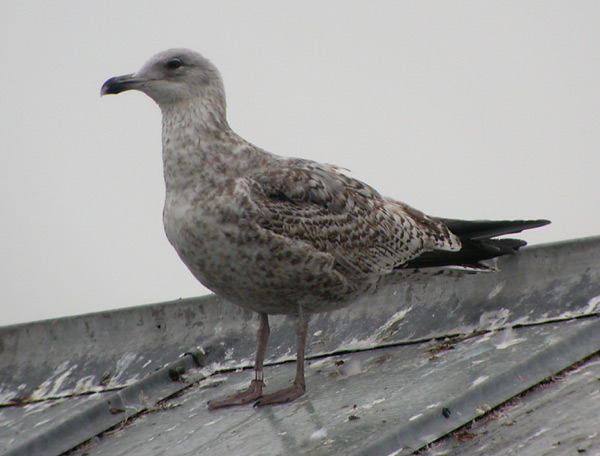 Herring Gull- Zilvermeeuw (argentatus & argenteus)
Herring Gull- Zilvermeeuw (argentatus & argenteus)
(last update:
Herring Gull plumages:
hg 1cy July
hg 1cy August
hg 1cy September
hg 1cy October
hg 1cy November
hg 1cy December
hg 2cy January
hg 2cy February
hg 2cy March
hg 2cy April
hg 2cy May
hg 2cy June
hg 2cy July
hg 2cy August
hg 2cy September
hg 2cy October
hg 2cy November
hg 2cy December
hg 3cy January
hg 3cy February
hg 3cy March
hg 3cy April
hg 3cy May
hg 3cy June
hg 3cy July
hg 3cy August
hg 3cy September
hg 3cy October
hg 3cy November
hg 3cy December
hg sub-ad January
hg sub-ad February
hg sub-ad March
hg sub-ad April
hg sub-ad May
hg sub-ad June
hg sub-ad July
hg sub-ad August
hg sub-ad September
hg sub-ad October
hg sub-ad November
hg sub-ad December
hg ad January
hg ad February
hg ad March
hg ad April
hg ad May
hg ad June
hg ad July
hg ad August
hg ad September
hg ad October
hg ad November
hg ad December
Herring Gull 4.xxx.xxx 3cy (argenteus), March 05 2004, Amsterdam, the Netherlands (52.21N - 04.52E). Picture Ruud Altenburg.

3cy argenteus,
ringed on Helgoland, Germany. 3cy Herring Gull has
a partial moult in spring. It starts in January and is completed by April,
leaving birds in so-called "second summer" plumage. The head turns white, especially on throat, breast and belly. By April, the
scapulars and mantle will show many adult-like grey feathers, creating a
contrasting "grey saddle" in many birds, as most of the wing-coverts
(especially the lesser coverts) are still barred. The wing-coverts start
to fade and the fringes wear away.
The iris and base of the bill turn pale yellow, although some individuals
still show a warm amber iris. The bill will show some red on the gonydeal angle and an obvious dark bill-band.
These images present argenteus, in the clinal zone towards argentatus. In general, birds may look less advanced, lacking an obvious grey saddle, and with the under-parts and head still largely in winter plumage (i.e. much blotching and specling). The bill is not as typical for 3cy birds in March, which is normally pinkish based with a broad bill-band; here it looks less advanced. Note the rather neat second generation primaries lacking the mirror on P10. The tail is completely second generation, showing a broad band. Typical north-Scandinavian argentatus also show an almost second generation-like scapular region with only single grey feathers. The partial autumn moult in 2cy didn't include tertials nor coverts in this bird.